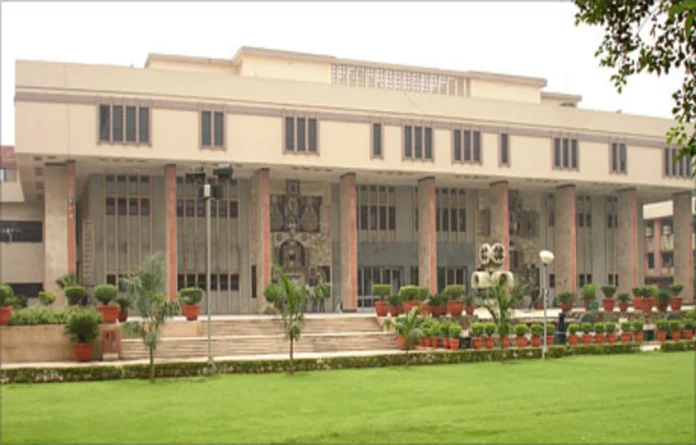The Delhi High Court slammed Wikipedia for claiming itself to be an encyclopedia and standing in the way of the Asian News International (ANI)’s demand for takedown of the defamatory edits made to Wiki page about ANI.
A single bench of Justice Subramonium Prasad further observed that Wikipedia might not be entitled to defend the defamatory edits since it claims to be only an intermediary. The court questioned if Wikipedia is an intermediary, why is it bothered? It added that if somebody else has edited and that addition is without basis, then it comes down.
The court added that Wikipedia is not here to protect the editors but is a mere wall. It continued that if Wikipedia is a mere wall and somebody else has written those things and they are not prepared to come to the court, then why should the court heare Wikipedia.
The court observed that it will only see whether the opinion given in the encyclopaedia does not depict the correct picture, as not true representation of the article. However, the respondent clarified that it was not defending the statements or edits made on Wikipedia’s page about ANI. It further sought to assist the court in the matter, particularly with regard to the architecture of the platform.
ANI has sued Wikipedia for defamation. According to ANI, Wikipedia allowed defamatory edits on its page which earlier referred to ANI as a propaganda tool for the present government. The Delhi High Court said it was troubling that Wikipedia was representing itself as an encyclopedia when it claims not to endorse what is written on the platform.
Justice Prasad said that what is troubling is the respondent’s representation to the people that they are encyclopedia. The court also gave an example of the publication like Encyclopedia Britannica to state that encyclopedias usually come with authenticity.
The court questioned that after saying encyclopedia, can they say that they do not endorse what someone has said on its encyclopedia without verifying its contents. Underlining that its first sentence is Wikipedia, the free encyclopedia, the court questioned what they mean by that. Subsequently, the court opined that Wikipedia has left it for other people to manage the encyclopedia.
Appearing for Wikipedia, Senior Advocate Jayant Mehta contended that the platform comes with a disclaimer that the information was based on secondary sources. He added that Wikipedia nowhere says that it is factually accurate.
Consecutively, the Court stated that when somebody is crossing the lakshman rakha drawn by Wikipedia, the platform would have to take responsibility for the policy put by it in public domain.
To this, Senior Advocate responded that they don’t draw a laxman rekha, but the law draws a laxman rekha. The Delhi High Court, however, echoed that the disclaimer will not absolve Wikipedia of anything and it was not like the ‘Kavach of Karna’ for it.
Senior Advocate Mehta said that if ANI can prove that the assertions made on the page are not supported by a secondary source and are defamatory, an injunction order can be passed.
Subsequently, the Court observed that it would have to see at this stage whether the edits are per se defamatory for it to grant interim relief or that would be the matter of trial.
While referring to the right to freedom of speech and expression under Article 19 of the Constitution, Justice Prasad said that the thumb rule in a 19(1)(a) is to bend in favour of the maker of the statement and not the vice versa.
Meanwhile, ANI’s counsel said it does not have to reach that threshold since the editors are private persons and not journalists.
The Delhi High Court will continue hearing the case on November 6.


